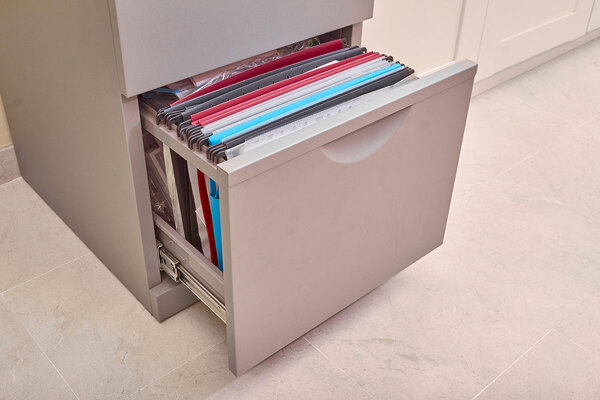You are viewing 1 of your 1 free articles
Council has not done proactive electrical safety checks in its homes for years, Inside Housing reveals
Southwark Council has not carried out proactive electrical safety tests in its homes since at least 2018, Inside Housing can reveal.
Following an announcement by the council on Tuesday that it had self-referred to the Regulator of Social Housing (RSH), Inside Housing learned that Southwark had stopped doing proactive electrical safety tests in its homes the year after the Grenfell Tower fire, and was only doing them on an ad hoc basis.
It will now have to carry out inspections in the vast majority of its 36,000 council homes.
A Southwark spokesperson said: “The council has carried out electrical safety tests in the past, tied in to major works or other repairs in people’s homes at the same time. We have not had a clear programme of proactive electrical testing, which is why we have referred ourselves to the Regulator of Social Housing.”
On Tuesday, the council said that it had self-referred over a failure to implement a new requirement for electrical testing “in the way it should have been”.
It said it had identified the issue as part of an ongoing review of its housing service and that it has now started a major programme to carry out the required outstanding tests, known as Electrical Installation Condition Reports (EICR).
Electrical safety standards requiring private landlords to have these installations in homes inspected and tested by a qualified person at least every five years were introduced in 2020. Landlords are obliged to provide a copy of the EICR on the inspection to their tenants if requested.
The government launched a consultation on introducing mandatory requirements for the social housing sector in 2022. Proposals include mandatory checks on electrical installations for social housing at least every five years and a legal requirement to obtain an EICR.
While the Social Housing (Regulation) Act 2023 made new provision for the standards to apply to the social housing sector, regular electrical safety checks are not currently mandated. The regulation will be a matter for the next government to consider.
However, according to the code of practice for the management of electrotechnical care in social housing, it is recommended that an “electrical installation in a domestic tenanted property is inspected and tested at least once every five years, resulting in the creation of an EICR”.
Before the RSH introduced consumer standards in April as part of its new stringent and proactive regulation regime, the Home Standard covered the safety of social homes.
To breach the Home Standard, a provider would have to have caused, or potentially have caused, serious harm to tenants.
Last year, Harrow Council was found to have breached the Home Standard over a failure to complete electrical safety reports for 3,500 homes.
In 2022, Greenwich Council breached the Home Standard after an investigation by the regulator found that more than 10,000 of its domestic properties did not have a current electrical condition report.
Inside Housing understands that the inspections could cost Southwark at least £15m. Regarding how this will be funded, the council said it had an investment programme which costs an average of £70m a year. “This is now being focused on meeting our regulatory requirements,” a spokesperson said.
Southwark said it will write to all council tenants to explain what happens next and when to expect their property to be tested.
Kieron Williams, leader of Southwark Council, said: “We take residents’ safety extremely seriously and are determined to keep raising the quality of our council homes.
“Whilst we have made real progress – improving our repairs service, tackling damp and making our homes safer from fire – we also have work to do.
“This includes completing these important electrical tests. I apologise for this delay.
“We have started a major programme to do the required tests. In the meantime, we are making this self-referral to, and working with, the Regulator of Social Housing, as the independent organisation responsible for driving improvements in social housing through robust regulation.”
The council confirmed it did not include leaseholder properties in individual electrical safety testing, only communal areas.
In March, Southwark, which is a Labour council, admitted it needed to “do more” to tackle residents’ concerns after the Liberal Democrat opposition party said it should refer itself to the regulator.
The council had already faced questions over the performance of its housing department in the wake of severe maladministration judgements from the Housing Ombudsman in the past year.
In response to the council’s statement on Tuesday, the Liberal Democrats claimed the referral as a “win”.
Opposition leader Victor Chamberlain said: “Whilst this is a big win for our housing campaign, it’s a clear admission of failure in Labour’s housing department, and is just a first step towards the full accountability and reform we need.
“The regulator’s investigations should be much further-ranging. From unacceptable damp and mould conditions to its shambolic major-works programme, the whole housing department needs to be totally overhauled.”
Sign up for our Council Focus newsletter
Already have an account? Click here to manage your newsletters












